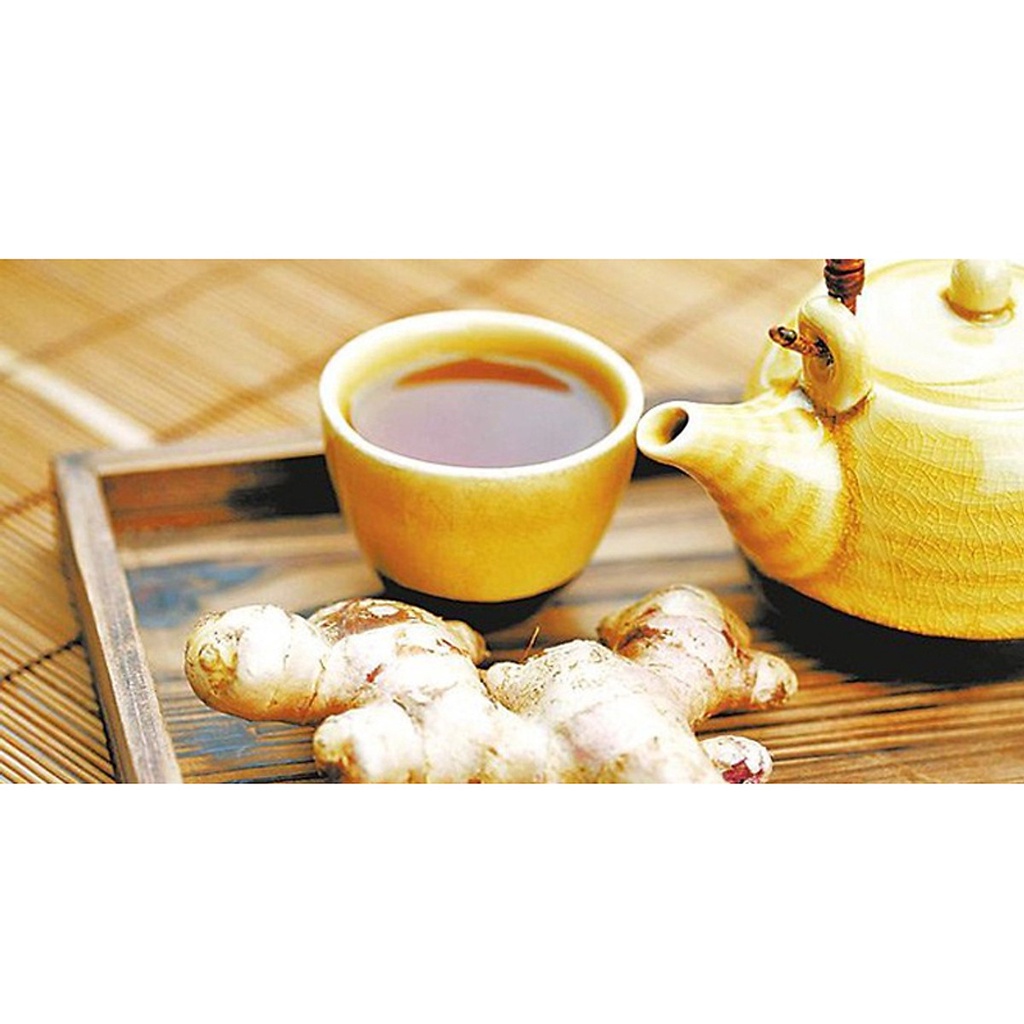Ginger tea is a simple yet powerful beverage that has been used for centuries to support health and wellness. Known for its strong flavor and warming properties, ginger tea not only helps you relax but also offers numerous health benefits.
Whether you’re looking to soothe an upset stomach or boost your immune system, ginger tea can be your go-to solution.
Let’s dive into the benefits, how to make ginger tea, and some tips for incorporating it into your daily routine.
Ginger tea is more than just a comforting drink; it is packed with health benefits that make it a valuable addition to your wellness routine. Here are ten reasons why ginger tea is a must-have:
- Boosts Immunity: Ginger is rich in antioxidants that help strengthen the immune system, making it easier for your body to fight off illnesses like colds and flu.
Aids Digestion: Ginger tea stimulates digestive enzymes, promoting smoother digestion and relieving issues like bloating and constipation.
Reduces Nausea: Well-known for combating nausea, ginger tea is effective for morning sickness, motion sickness, or post-surgery recovery.
Relieves Pain and Inflammation: As a natural anti-inflammatory, ginger tea helps alleviate pain from arthritis, sore muscles, or headaches.
Improves Circulation: By stimulating blood flow, ginger tea can promote cardiovascular health and reduce the risk of conditions like hypertension.
Supports Weight Loss: Ginger has been shown to enhance metabolism, aiding in fat burning and reducing hunger.
Balances Blood Sugar: Ginger tea helps stabilize blood sugar levels, which is beneficial for those managing type 2 diabetes.
Reduces Menstrual Discomfort: Ginger’s anti-inflammatory properties help ease menstrual cramps and reduce period pain.
Promotes Healthy Skin: The antioxidants in ginger protect the skin from free radicals, resulting in healthier, radiant skin.
Supports Respiratory Health: Ginger tea helps reduce inflammation in the lungs, making it beneficial for respiratory conditions like asthma or congestion.
How to Make Ginger Tea
Making ginger tea at home is incredibly easy. Here’s a quick guide to prepare this healthy, warming beverage:
Ingredients:
Fresh ginger root (about 1–2 inches, peeled and sliced)
2 cups of water
Honey or lemon (optional, for taste)
Instructions:
- Prepare the Ginger: Peel and slice the ginger root into thin pieces.
Boil the Water: Bring water to a boil in a pot or kettle.
Add Ginger: Once boiling, add the ginger slices to the pot and reduce heat to simmer for 10–15 minutes.
Strain and Serve: Strain the tea into a cup, removing the ginger slices. Add honey or lemon for added flavor if desired.
Enjoy: Sip and enjoy the warm, health-boosting benefits of ginger tea!
How to Incorporate Ginger Tea Into Your Daily Routine
Morning Energizer: Start your day with ginger tea to boost your metabolism and digestive health.
After Meals: Sip ginger tea after meals to prevent bloating and aid digestion.
Evening Relaxation: Enjoy a warm cup before bed to ease muscle soreness and promote relaxation.
Cold Remedy: Drink ginger tea at the onset of a cold to reduce symptoms like sore throat or congestion.
Additional Tips
For a continuous supply of fresh ginger, consider growing it yourself. Learn more about the best practices for growing ginger in containers and plastic bags to ensure a bountiful harvest:
Potential Risks and Side Effects
While ginger tea is generally safe, large quantities may cause side effects like heartburn or stomach discomfort, especially for those sensitive to spicy foods. If you’re on blood-thinning medication or pregnant, consult with a healthcare provider before adding ginger tea to your daily diet.
Ginger tea is a powerful, natural remedy that provides numerous health benefits. From boosting your immune system to supporting digestion, it’s a simple and effective way to improve overall well-being. Incorporate ginger tea into your daily routine today and enjoy its many benefits.
Whether you’re sipping it to fight a cold or for its digestive benefits, this warm, flavorful beverage is a must-have for anyone looking to enhance their health naturally.






